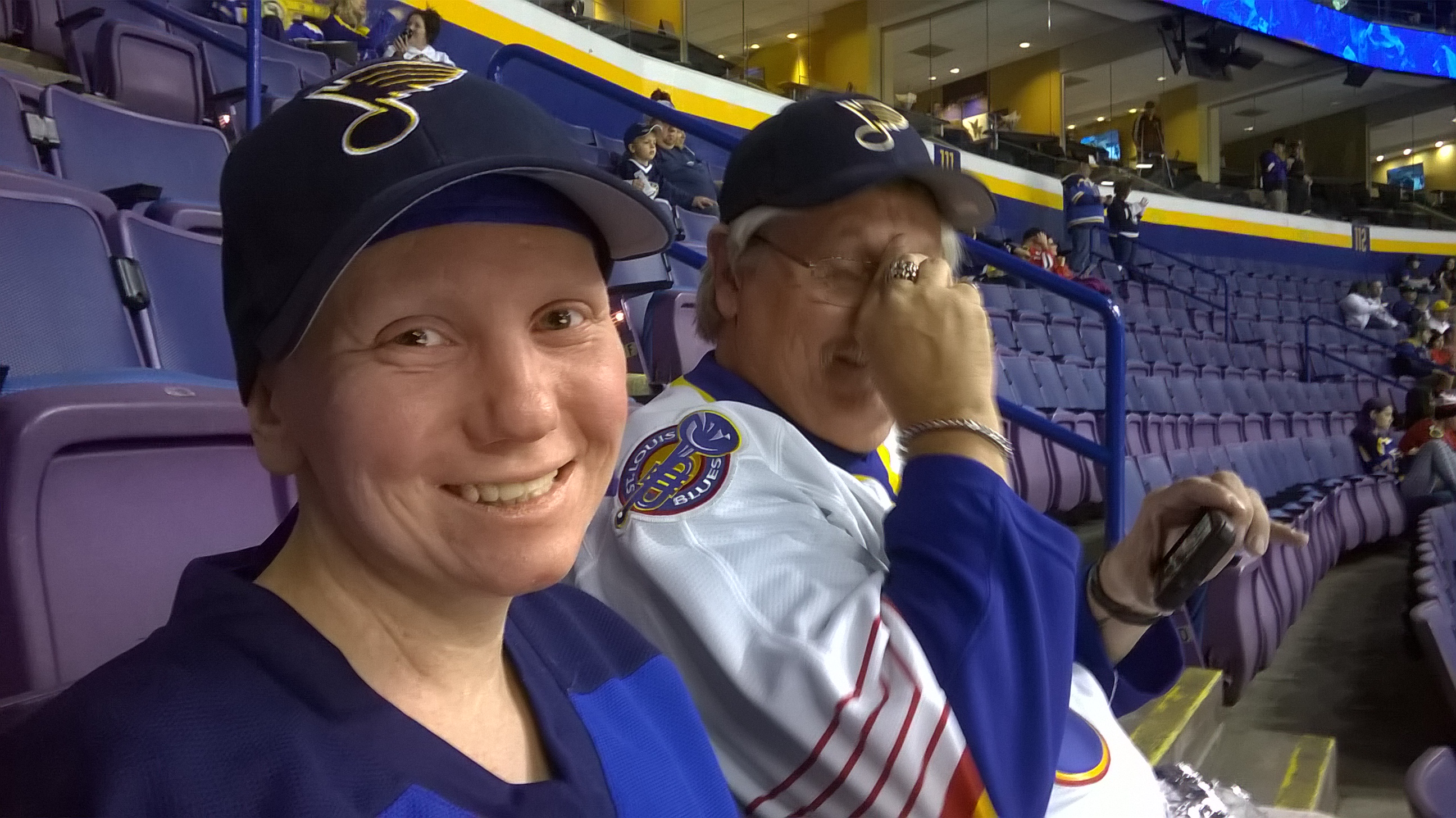Stories from Caregivers: Laurel from ILLINOIS
IL
Laurel
FROM ILLINOIS
My wife, Dawn who is 50, and I, now 61, have entered into what most would see as the time to start thinking about retirement after having raised our three children. Sometimes life throws you a curve ball though. Our youngest daughter, Brianna, had just turned 21 when she was diagnosed with MDS (Myelodysplastic syndrome), a blood cancer that rarely develops in individuals younger than 40 years old. She was already disabled, with mild cerebral palsy & cognitive disabilities, and we were working towards her independence knowing that we wouldn't be around forever. She was making great progress. Even though she is extremely introverted and shy, she is loving, funny and a great person to be around once she opens up to you. She was even getting out in the real world with job training. Trying to be more social and building up the skills that it takes to be more involved in the world. Yet she was still living at home with us. It was great seeing how she was starting to thrive and grow into the young lady we dreamed would be possible for her. Until she started to slowly decline into a lethargic, pale, sleepy person who had nothing better to do than rest. That was when we received the news of her cancer diagnosis. It's been two years now, and our lives are completely different. That isn't likely to change anytime soon either, and we accept it; knowing that without us, she may get lost in state care. Her diagnosis hit us hard. The idea that we may outlive what we thought was a relatively healthy child isn't something we ever thought we'd experience, but it's not something that can be brushed aside either. Thankfully, my wife had already left a job of nearly 15 years to explore new avenues and hadn't moved forward yet, so she was able to step into a full time role of care giver, while I remained employed full time to make sure we'd be able to keep up with financial burdens we knew would follow such a diagnosis. Even though I work full time, I try to be off on days when the doctor visits will be big news days. But my wife handles more of the day to day care giving tasks. Just staying on top of her medications is nearly a full time occupation. She is also the one that helps with bathing, dietary, appointments and all the other "small" things that some care givers forget that they do. It's rough at times emotionally and physically, but with the right coping techniques we seem to manage. Scheduling for multiple appointments a week, communicating with medical professionals, dealing with insurance companies, sorting through the huge amount of pharmaceuticals, and the numerous other tasks that it takes to make certain that we stay on top of all her medical needs seems to occupy a great deal of our time. So much so that it can seem to be all consuming from time to time. Her dependency on our assistance, guidance and support often battles with the need to continue to encourage her growth and independence as a young person. There is also that balance of a being a care giver and a solo human takes work, communication, support and love from outside friends and loved ones, and reminders to breathe and enjoy the little things. There is also the continued efforts to remember that we are a couple, and that we need our time too. Through it all, we have grown as people, parents, individuals and a couple. All these things are worth every ounce of effort when we have a glimpse of who she was before all this. When she passes new milestones, be they medical or personal, we can't help but smile and feel continued hope for her cure.
